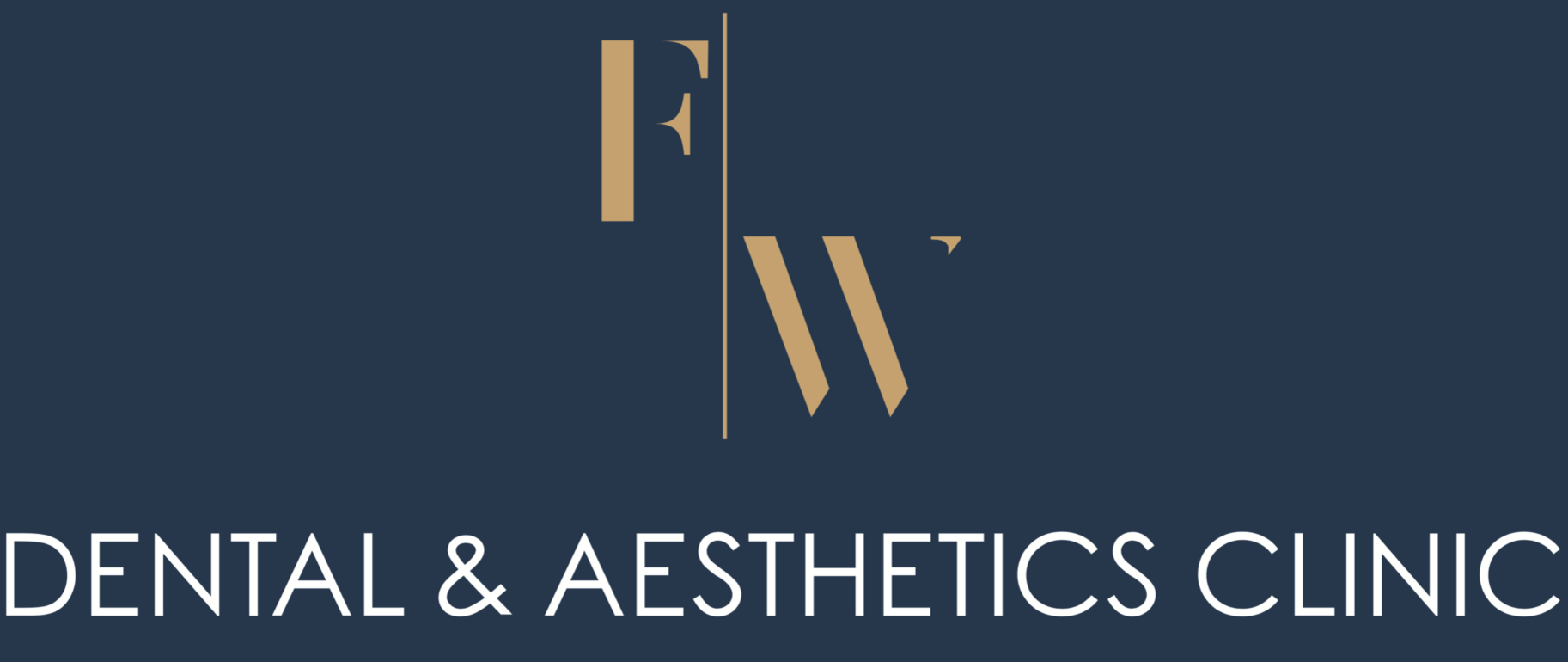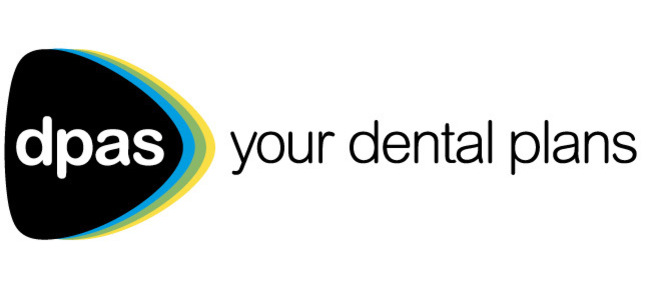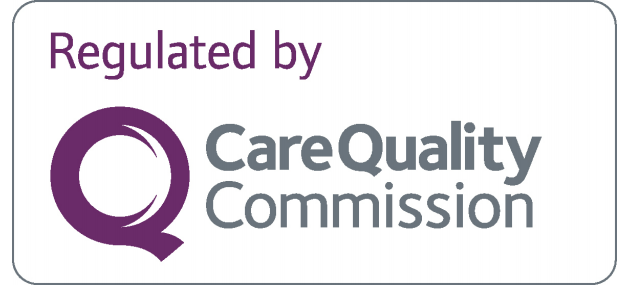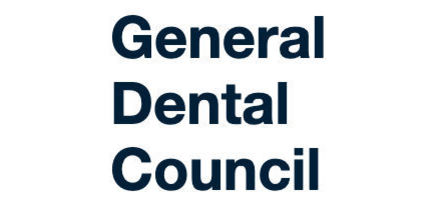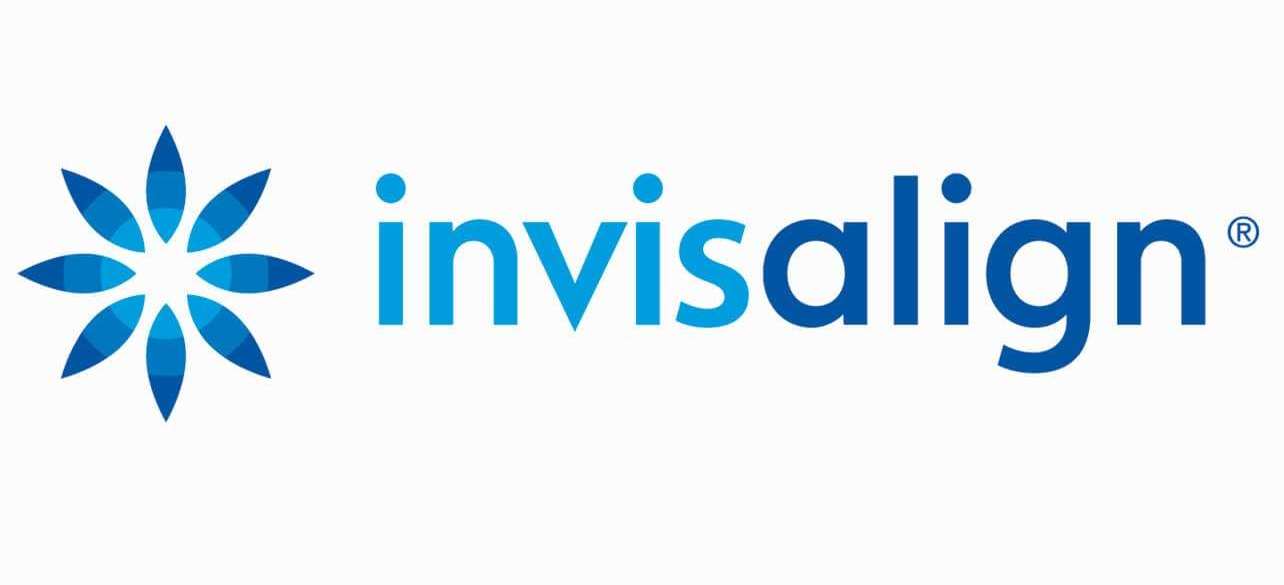Combat Mask Mouth
You are doing the right thing by wearing a face mask out in public, but is it the right thing for your mouth?
Apparently wearing a face mask is causing dental disasters like decay and bad breath, although there is some contention about this, with experts at the British Dental Association (BDA) saying “that a deterioration in oral health could be down to a lockdown diet, rather than the use of masks”.
Despite the BDA’s assertion that face coverings are not linked to the recent spike in gum disease and bad breath, two dentists in New York are claiming that more of their patients are suffering from oral hygiene issues than before lockdown. Dentists supporting their opinion state that wearing a face mask seems to encourage people to breathe through their mouth rather than their nose, causing dryness in the mouth. Without saliva in your mouth, your teeth are left vulnerable to the effects of bacteria in the mouth causing an enhance likelihood of suffering from bad breath, gum disease and cavities. However, the BDA refers to countries where face coverings have long been an accepted part of their culture which do not show any correlation to any oral health concerns, such as in East Asian societies.
Whatever the truth may be regarding the cause of this spike in dental issues, at Fourways Dental Surgery we want to help you look after your teeth and gums, so we have put together our top tips for combatting Mask Mouth.
A Healthy Diet
We know that for all of the other areas of your body eating a healthy, well-balanced is imperative for living a full, active and long life. But did you know that this is important for your mouth too? Today, everyone knows how bad sugar can be for your teeth, but there are other food and drink dangers to be mindful of when you want to protect your teeth. In addition to avoid sugary drinks and snacks, drinks like coffee, red wine, tea, etc. should be followed by a glass of water to reduce staining and to keep your saliva at an optimum level to help prevent potential cavities. After acidic foods and drinks, like fruit juices, smoothies and fruit eaten as snacks, do the same thing. We always recommend flossing and using a mouthwash after meals or snacks that are likely to get stuck between your teeth, like crisps, which can also lead to cavities.
Drink Plenty of Water
Staying hydrated has never been so important. We all know that we are supposed to drink our eight pints or two litres of water a day, but now we need to do this to protect our teeth and mouth as well. Drinking plenty of water will help to dilute the bacteria forming in your mouth caused by excessive dryness and will therefore reduce your likelihood of needing fillings.
Wash/Change Your Mask Regularly
Wearing a clean mask might sound like odd advice, but just like wearing clean clothes on the rest of your body, wearing a clean mask will help to keep you safe and well as it prevents bacteria from festering.
Visit Your Dentist and Oral Hygienist Every 6 Months For Your Check-Up
It’s very important to have your scheduled biannual appointments as we can spot potential issues before they develop into anything more serious or unpleasant. A lot of the time we can reduce the likelihood of you needing fillings or any other form of invasive, costly work by giving you sound advice ahead of time.
By following these top tips, you should steer clear of needing an extra trip to see us (not that we aren’t always pleased to see you!) due to any pain or discomfort. If you would like any more advice on how to look after your teeth and mouth, call us on 01732 882413.
Contact us to make an appointment today.
Share this post:
